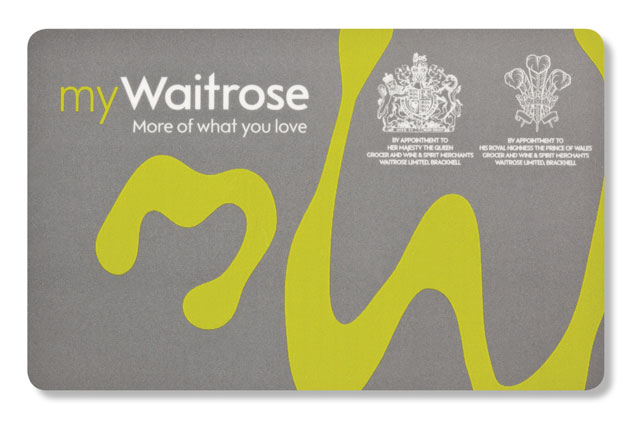
The study polled more than 30,000 consumers in 63 countries across every continent. Of the UK respondents, 89% said they had at least one loyalty card; only Finland scored higher, with 94%, while for Lithuania and Slovenia it was also 89%.
In ten of the countries covered, less than half of the consumers polled owned a loyalty card, with Argentina (32%) the lowest, and Denmark (49%) the lowest in Europe.
Respondents from the UK, meanwhile, had an average of 3.6 cards, equal to Finland, with only Lithuania (4.1) and Japan (3.7) higher.
But despite their enthusiasm for participating in loyalty schemes, UK shoppers were relatively unlikely to see them as a benefit. Only 51% said that "all other factors equal, I will buy from a retailer with a loyalty program over one without" – the second lowest of the 63 countries, after only loyalty scheme-averse Denmark (35%).
In China, meanwhile, 86% of shoppers would be more likely to buy from a retailer with a loyalty scheme, while the figure was 65% or higher for 37 of the 63 countries.
Mike Watkins, Nielsen’s UK head of retailer and business insight, said the data showed that loyalty was a huge opportunity for UK retailers that was not being exploited.
He said: "Whether it’s because loyalty schemes aren’t offering the right rewards, are too difficult to redeem or there are simply too many of them to make a competitive difference, retailers need to be addressing it."
"Britons are nearly twice as likely as the global average to value being seen as an important customer, pretty much the only element of loyalty schemes Britons over-index on.
"So, retailers need to consider more non-financial rewards as a way to narrow the large gap between the number of schemes people are enrolled in and the number in which they actively participate."
Watkins predicted that loyalty programmes would increasingly use data to make more personal offers, become more closely connected with financial services loyalty schemes, and become part of subscription services, such as Ocado Smart Pass and Amazon Prime.




.jpg)
.jpeg)
